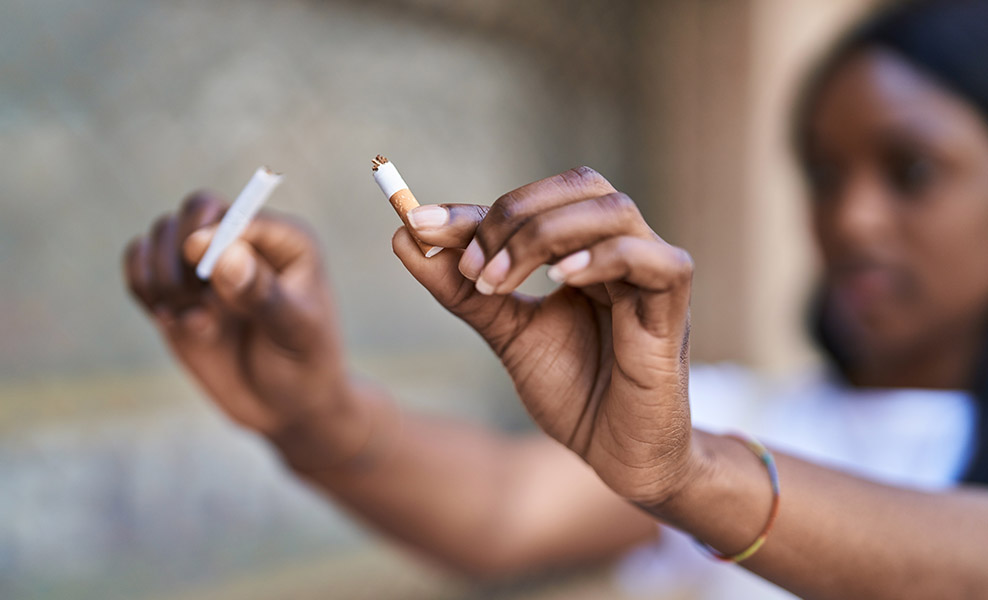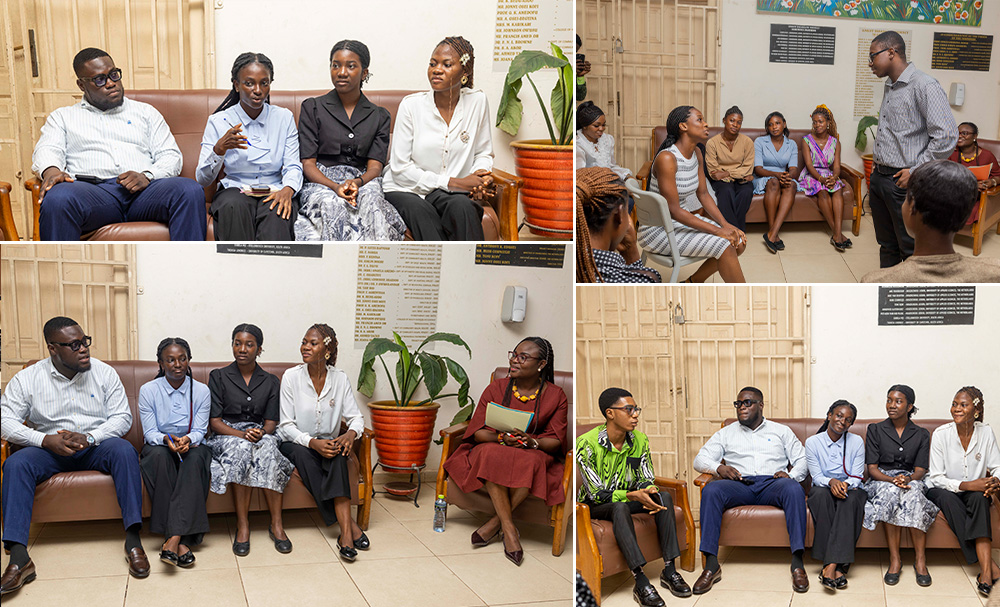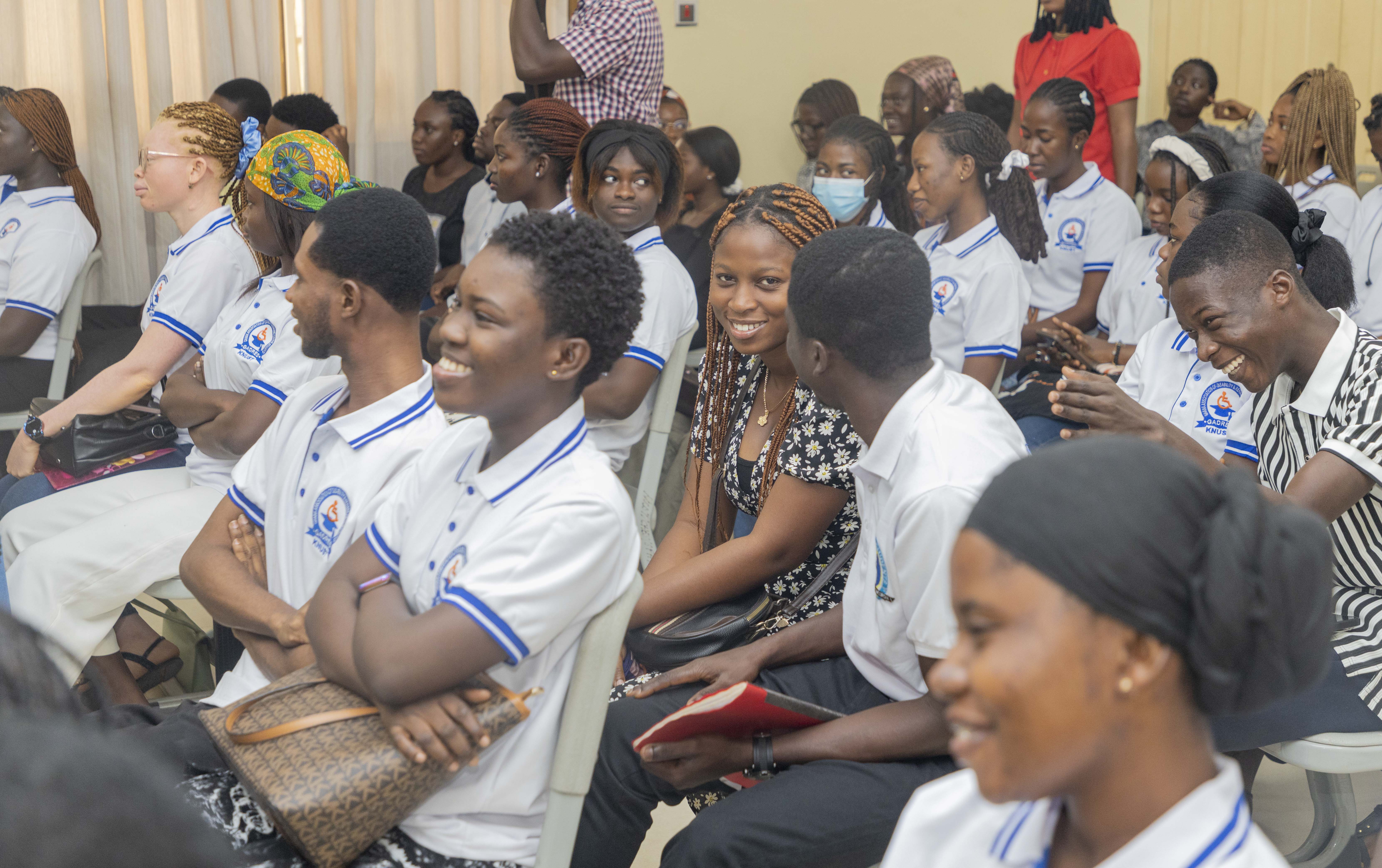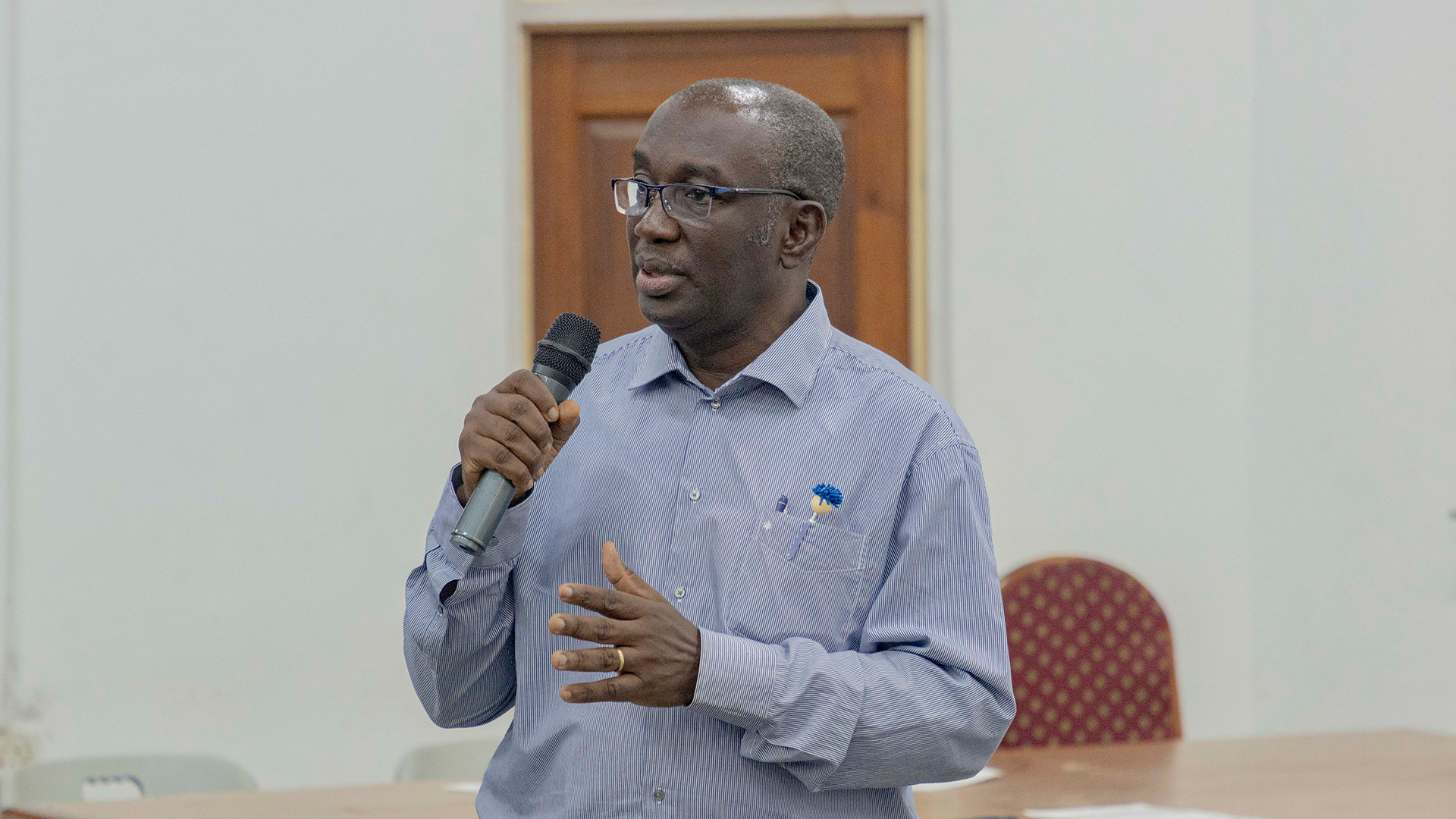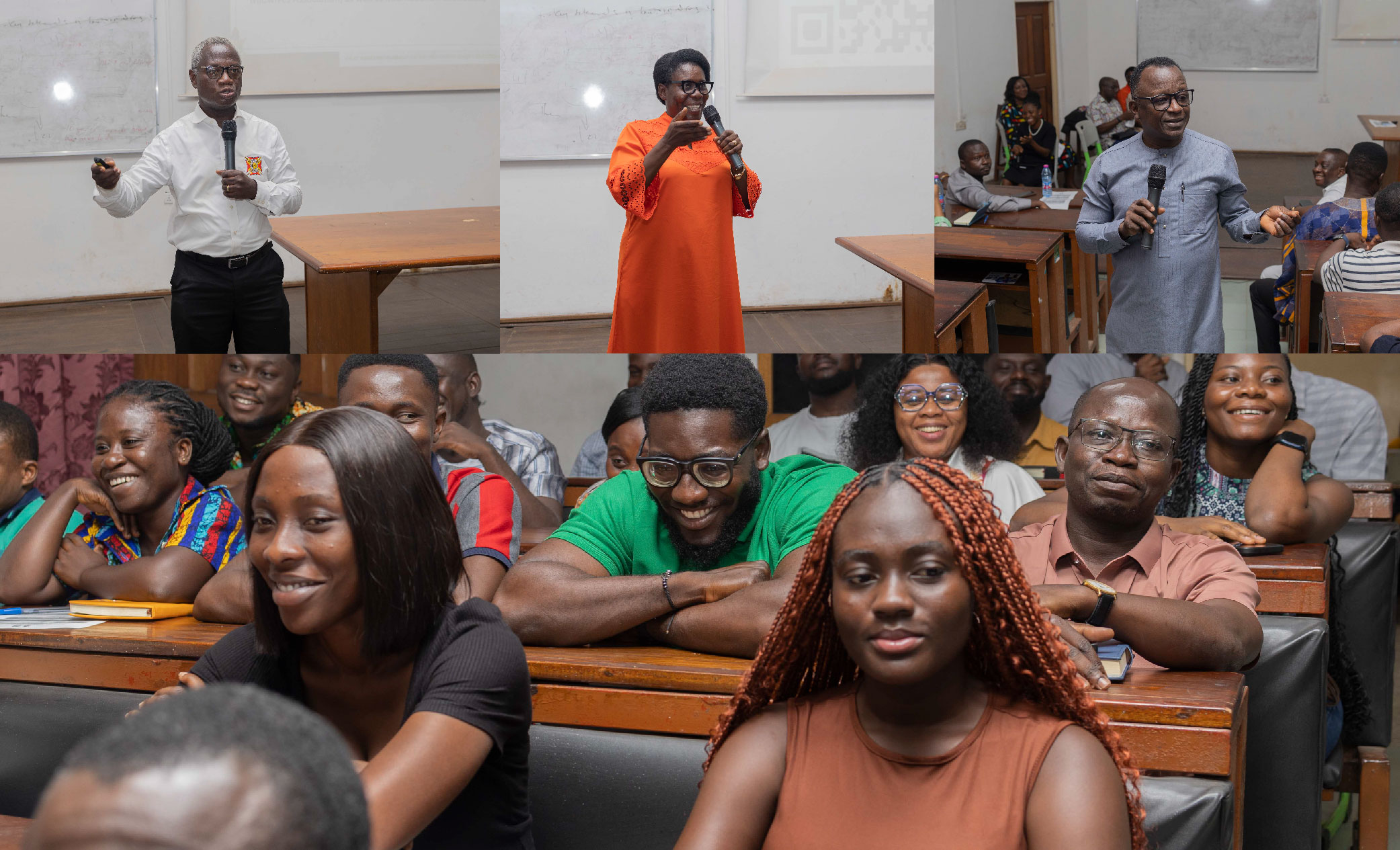As the world marks World No Tobacco Day today, joint research from researchers at the Kwame Nkrumah University of Science and Technology (KNUST) reveals a concerning truth: Ghanaians with only secondary school education are a staggering 82.8% more likely to smoke, highlighting a critical link between lower educational attainment and tobacco use in the country.
This stark finding, published in the Scientific African journal, pushes for urgent action to curb tobacco use by addressing deep-seated socioeconomic factors.
The study sheds light on how education level, income, and place of residence significantly shape smoking habits. It found that middle-income earners constitute 53.4% of tobacco users, and urban dwellers face a higher likelihood of smoking compared to their rural counterparts.
Occupational status and access to mass media were also identified as crucial contributing factors, with these socioeconomic elements collectively accounting for over half of tobacco use among respondents in a detailed regression analysis.
The research further uncovered notable gender differences in smoking patterns, showing women to be 62.4% less likely to smoke than men, suggesting the need for gender-specific public health messaging.
More Than Just Clinical Care
Lead researcher Dr. Joseph Kwasi Brenyah from KNUST’s Department of Global and International Health emphasized that tackling Non-Communicable Diseases (NCDs) requires more than just clinical care.
"We must consider the socioeconomic conditions that influence people’s health behaviours," he stressed. "These findings are a wake-up call that our fight against tobacco must be holistic, addressing the root causes of vulnerability."
In light of these pressing findings, the KNUST researchers put forward critical recommendations for policymakers and health advocates. They call for:
- Targeted health education campaigns that consider specific socioeconomic contexts.
- Stricter media regulation to limit tobacco promotion.
- Policies specifically designed to address disparities in income and education as a means of improving public health.
- Stronger enforcement of the World Health Organization (WHO) Framework Convention on Tobacco Control (FCTC) – a vital global instrument for tobacco control that Ghana is signatory to.
This timely study, authored by Dr. Joseph Kwasi Brenyah, Arti Singh, and Professor Ellis Owusu-Dabo, underscores the urgent need for a multi-faceted approach to tobacco control in Ghana, especially as the nation joins the rest of the world in observing World No Tobacco Day.


